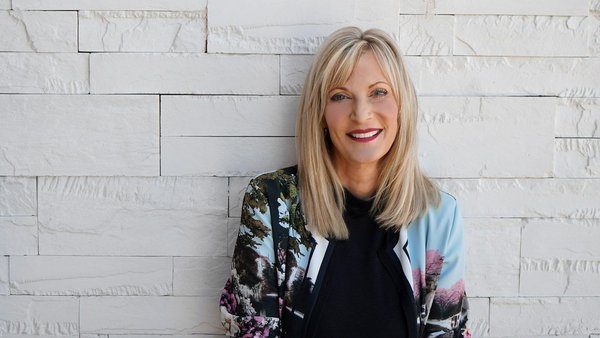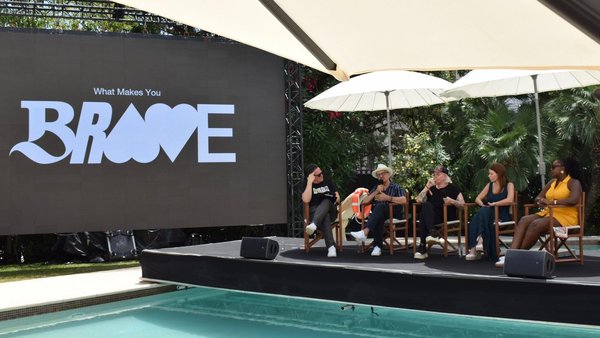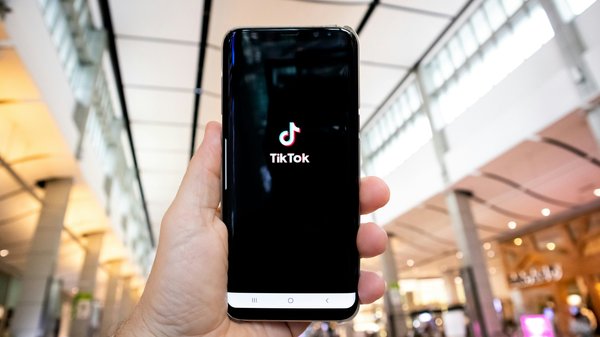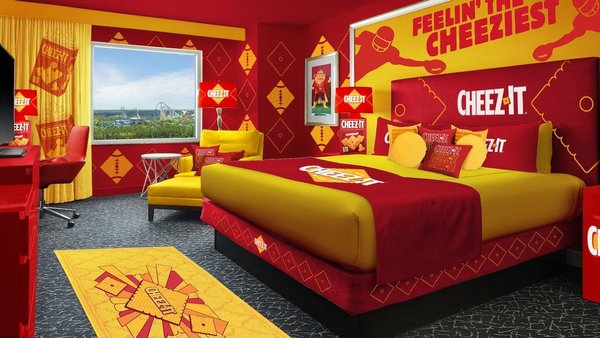Promoted content
RAPP with: Burger King’s Fernando Machado /
RAPP CCO Moa Netto talks to Burger King's CMO, Fernando Machado, about creativity
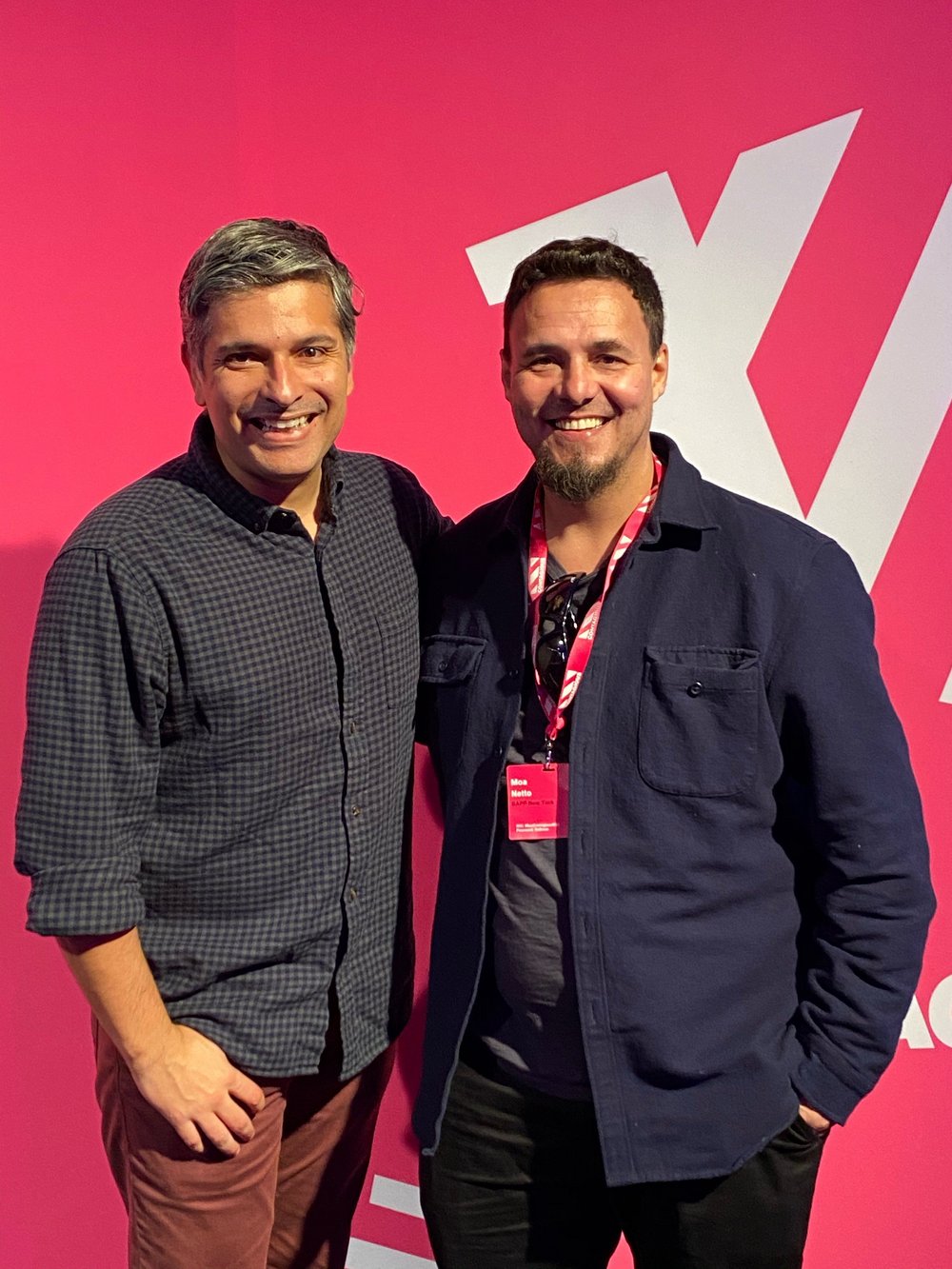
Machado (left) with Netto (right)
I was fortunate to have a quick conversation with Fernando Machado, Burger King’s (BK) global CMO, about a theme that always spoke to me, as a creative: the art of making bold ideas happen. I’ve, persistently, been a strong believer that ideas which stand out through creativity are more successful in moving people to take action and, therefore, have a stronger business impact. And, throughout his career, Machado has been consistently delivering on that – successfully challenging traditional (read: safe) approaches for brands like Dove and Burger King.
During our chat, we talked about things like fear of failure, risk mitigation, long-term value building, and the importance of data and technology to enable bold ideas.
The key takeaway of our discussion, for me, is that what truly differentiates marketers and agencies is not the absence of fear, but the courage to move forward...without knowing the outcome. And that, in the end, it’s just advertising – the biggest risk brands really face is spending money, just to go unnoticed. Read on for a deeper dive into the topics we touched upon.
RISK MITIGATION
Moa Netto: The brands you’ve overseen throughout your career systematically embrace courageous projects and ideas, which is quite inspiring for the creative community. What’s more, that bravery usually pays off, from a business-impact perspective. There is a definition, for courage, that I like: Courage is the simple act of making a decision without knowing the outcomes. Can you share your own personal system to mitigate risks and move forward with bold ideas without knowing the outcomes? Please illustrate with one example of something you implemented to minimise risks for a project that really enabled its success.
Fernando Machado: I truly believe in Mark Zuckerberg's quote, ‘the biggest risk is not taking any risk.’ In an environment where people are bombarded by messages, with an infinite amount of media touch points, and a very limited attention span (everyone seems to be doing two or three things at the same time), playing it safe is the surest way to not get noticed. I think the best way to mitigate risk is to surround yourself with people who are great at what they do, to know your brand and your brand fans extremely well and to love creativity, so as to develop a strong personal criteria. That’s what I try to do at my work. And that’s why I invest so much time identifying talent, nurturing relationships and learning from what is out there.
FEAR OF FAILURE
MN: Another important part of consistently embracing fearless creativity is how naturally you deal with failure. What is your particular perspective/experience on that? Although you’ve been extremely successful throughout your career can you share your biggest recent fail – and what you learned from it?
FM: I don’t think the trick is to embrace fearless creativity. I am not fearless. In fact, if we are not afraid, we will probably not move forward with an idea. You need to be afraid – the trick isn’t at all, simply being fearless. The trick is to make it happen even when you are, indeed, afraid. Courage before fearlessness. What I've learned, with the big ideas we’ve been able to execute is that when something goes wrong, nothing happens. I mean, when it goes wrong, no one cares about the idea. In reality, we just end up not selling more, we fail to shift brand attributes, among other (non)results. But it hardly ever hurts the brand or the business. So failure most often equals ‘nothing happens’. And nothing happening is kind of a common outcome, for average marketing. That’s why, if you at least try to do something that scares you, you’ll probably increase your chances of success. And doing that, surrounded by competent people and leveraging a strong personal creative criteria, will also help increase your chances of success.
IMPORTANCE OF DATA – AND TECH
MN: The creative craft is subjective by nature. But, nowadays, the combination of technology and data can inform better ideas and human decisions. How do you use data to inform your briefs and validate ideas? And how do you use data to measure the effectiveness of your campaigns? In summary, please share interesting examples of how you used data to do more effective and impactful work.
FM: The best creative people I work with have their finger on the pulse of pop culture. And data helps with that. We do a lot of research, we have a lot of data. But we never allow research to tell us what to do. We research to identify blind spots, to challenge the work. But, in the end, it’s a decision from marketing. Great marketing requires magic and logic. Anyone can go and buy data and do research. So, making good use of data and research is what really matters. Campaigns like Whopper Detour, Traffic Jam Whopper, Burn That Ad all have a strong data and tech angle associated to them. But the starting point to all of them was a deep understanding of our brand fans, strong creative ambition from the team and clarity on what the business needed to accomplish.
STUNTS X LONG TERM PLATFORMS
MN: There is a hot discussion today between what we call one-offs or stunts, and creative platforms that build long-term differentiation for brands. What is your personal take on that? And how are you building long-term differentiation for BK?
FM: BK is a brand that moves at the speed of pop culture. We push ourselves to be part of the zeitgeist. Fortunately, both our marketing teams and our creative partners are very ambitious, when it comes to creativity. So we are able to feed our pipeline with lots of ideas. But ideas are only great if they connect back to the brand. Doing random things, which don’t connect back to the brand, are unlikely to help you build long term differentiation. For Burger King, we are always trying to land flame-grilling (our functional point of difference),’Have it your way’ (which is more on the emotional side of the brand), and our values and personality (fun, bold, challenger, self-deprecating). And, as the brand evolves, more things come to the table – like experience through technology, sustainability or product quality. These are just examples. Our creative platform is our brand. And we have fun playing with it, while bringing great ideas that link back to our strategic priorities, to life.
CREATIVE PASSION AND CREATIVE EFFICACY
MN: Although we’ve never worked directly together, some friends in common told me that you can be more passionate about creativity than most creative people in the business. Is this a pure business drive, since creative ideas boost business results? Or is it more personal than that? Have you ever considered a creative career or side creative projects? In which areas?
FM: I believe creativity can be a competitive advantage and that’s why I am very passionate about it. During my career, I was lucky enough to work on some amazing projects like Whopper Detour, McWhopper, Google Home of the Whopper and Dove Real Beauty Sketches, among others. And it became clear to me that every time we excel in creative, it ends up translating into results (short term and long term). Also, I truly believe that life is too short to not be creative. Creativity is fun and produces results. So, I simply don’t see another way.
Want more of the same? /
We don’t just write about best-in-class campaigns, interviews and trends. Our Members also receive access to briefings, online training, webinars, live events and much more.
